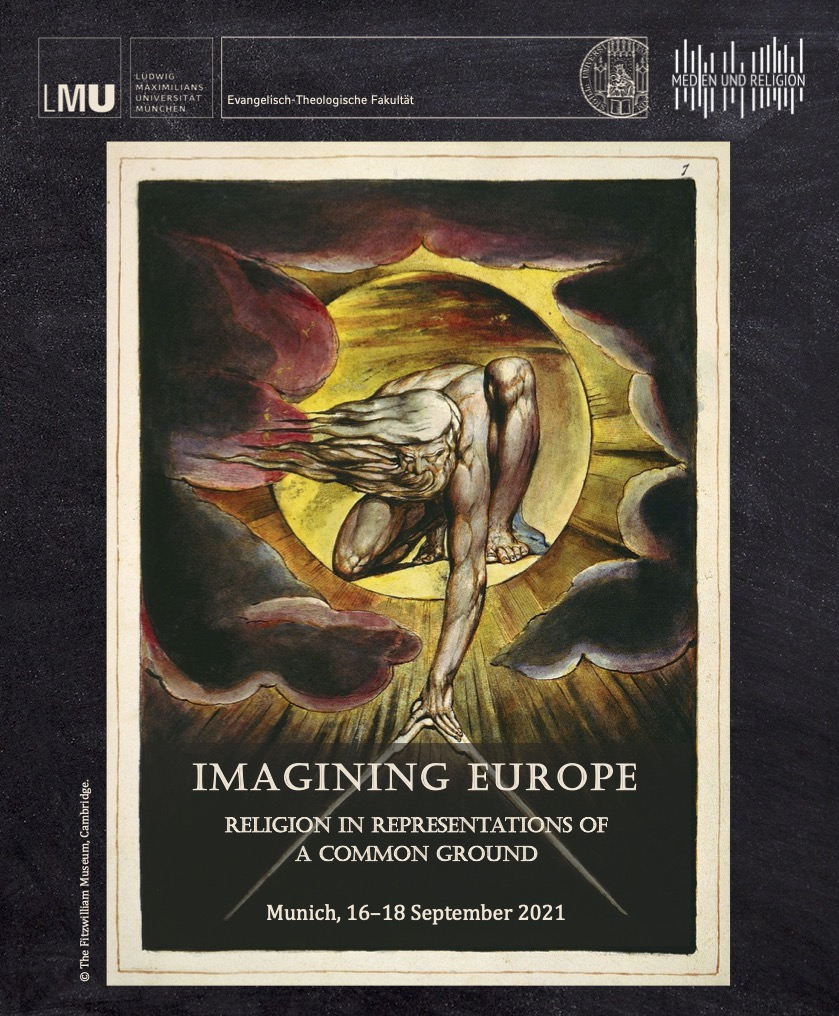Religion, Media, Normativity
The new project of the International Exchange on Media and Religion focuses on a theoretical question that has so far been neglected in research on media and religion. We are interested in deepening the understanding of the normative dimension of (audio-)visual and material communication within religious traditions and in exploring their influence on broader cultural contexts and concepts. The theoretical reflection about the normative significance and impact of (audio-)visual and material communication is articulated on different levels:
- the normative dimensions in theoretical approaches to religion in visual and material culture from different disciplinary perspectives;
- the normative dimensions on the empirical level within historical and/or contemporary sources as well as in transmission processes within religious traditions and cultures;
- the normative dimension in the hermeneutical reflection that links theoretical frames with empirical aspects of research in religion.
These general questions will be discussed dealing with a selected, concrete question: the representation of Europe with a particular focus on material and visual culture.
Imagining Europe
In the contemporary society, “Europe” is a broadly debated and highly contested concept. This project explores how (audio-)visual and material communication shape general ideas of Europe as a common, yet ambivalent and contested frame for identity processes. It analyzes how communication becomes normative and how normative ideas are being communicated. We are particularly interested in the role religion plays in visual and material culture and the production of an idea of Europe as a common ground: in a spatial, temporal, and societal sense.
Looking at the religious dimension of historical or contemporary aspects of European culture, gives a particular advantage in uncovering issues such as:
- material, visual, or medial representations of Europe and their normative performance,
- the relationship between dominant and subversive medial representations of Europe,
- dynamics of and transformations in representations of Europe,
- the negotiation of diversity and equality in representing Europe,
- localization and specificity of different representations of Europe and their normative agendas in European countries,
- localization and specificity of different representations of Europe and their normative agendas in countries in other continents,
- identity processes linked to representations of Europe.
Workshop I: 28-30 August 2019
Our first workshop took place 28-30 August 2019 at the University of Munich and we discussed our initial theses.
Workshop II: 16-18 September 2021
Our second workshop takes places 16-18 September 2021 with the kind support of the Siemens Stiftung at the Carl Friedrich von Siemens Stiftung headquarters. We will be discussing our full draft chapters for our joint publication.
Research Project Participants
Authors:
- Dolores Zoé Bertschinger, MA, LMU, DE, Study of Religion
- Carla Danani, Prof. Dr., Università di Macerata, IT, Political Philosophy
- Verena Eberhardt, MA, LMU, DE, Study of Religion
- Natalie Fritz, Dr., Katholischer Mediendienst/LMU, CH/DE, Study of Religion
- Jacob Given, Villanova University, US, Theology and Religious Studies
- Bettina Gräf, Dr., LMU, DE, Islam Studies
- Anna-Katharina Höpflinger, Dr., LMU, DE, Study of Religion
- Ann Jeffers, Dr., University of Roehampton, UK, Biblical Studies
- Stefanie Knauß, Prof. Dr., Villanova University, US, Theology (paper)
- Marie-Therese Mäder, Dr., LMU, DE, Study of Religion
- Daria Pezzoli-Olgiati, Prof. Dr., LMU, DE, Study of Religion
- Natasha O’Hear, Dr., University of St Andrews, UK, Reception History
- Alexander Ornella, Dr., University of Hull, UK, Theology and Religions Studies
- Sean Ryan, Dr., University of Roehampton, UK, Biblical Studies
- Alberto Saviello, Dr., Goethe Universität Frankfurt, DE, History of Arts
- Andreas Schwab, Prof. Dr., LMU, DE, Classical Philology
- Baldassare Scolari, Dr., HTW Chur, CH, Study of Religion
- Franc Wagner, Dr.
- Paola von Wyss-Giacosa, Dr., Universität Zürich, CH, Anthropology, History of Arts
- Lobsang Yongdan, Dr., University of Bonn
